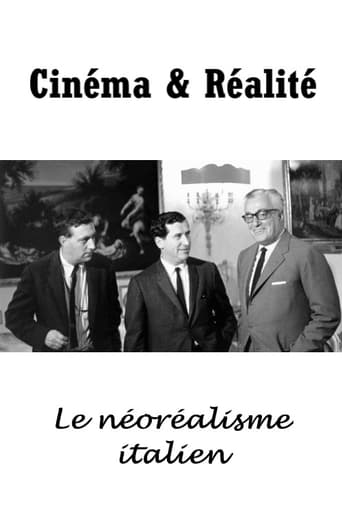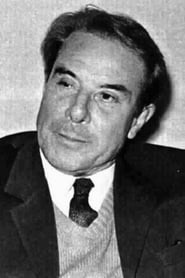
Renato Castellani
Directing
🎂 1913-09-04
Renato Castellani (4 September 1913 – 28 December 1985) was an Italian film director and screenwriter. Son of a representative of Kodak, he was born in Varigotti, at the time a hamlet of Final Pia, which became Finale Ligure (Savona) in 1927, where his mother had returned from Argentina to give birth to his son. He spent his childhood in Argentina, in the city of Rosario. After 12 years, he returned to Liguria and resumed his studies in Genoa. He moved to Milan, where he graduated from the Polytechnic University in architecture. In Milan he met Livio Castiglioni and together they aired for GUF (Fascist University Group) L'ora radiofonica and La fontana malata by Aldo Palazzeschi, experimenting with new techniques for sound editing on radio. He began collaborating in 1936 as a military consultant for The Great Appeal, a film by Mario Camerini. He worked as a film critic and worked - as a screenwriter or assistant director - with important names of the Italian cinema of the time, such as Augusto Genina, with whom he signed the script for Castles in the air (1939), by Mario Soldati, of which he was assistant director on the set of Malombra (1942). He then worked with the director Alessandro Blasetti, signing the screenplays of his movies An Adventure of Salvator Rosa (1939), The Iron Crown (1941), Four Steps in the Clouds (1942) and with the director Camillo Mastrocinque, signing the screenplay of The Cuckoo Clock (1938). His first work as a director was A Pistol Shot (1942), based on a story by Aleksandr Puskin, in which Alberto Moravia also took part in the screenplay, with Fosco Giachetti and Assia Noris. This movie, as well as the subsequent Zazà (1942), fit into the caligraphism genre. With Under the Sun of Rome (1948), It's Forever Springtime (1950), both shot outdoors with non-professional actors, and especially Two Cents Worth of Hope (1952), Castellani gave rise to a new genre, defined as "pink neorealism", considered by critics at the time as the downward trend of neorealism, but destined to a vast audience success. With Two Cents Worth of Hope, he won the ex aequo Grand Prix at the 1952 Cannes Film Festival. With Romeo and Juliet (1954), he won the Golden Lion at the 1954 Venice Film Festival. After some other significant films such as Dreams in a Drawer (1957) and The Brigand (1961), Castellani devoted himself mainly to biopics in episodes shot for television, widely followed, such as The Life of Leonardo da Vinci (1971) and The Life of Verdi (1982).
Cast credits(2)
Writing (38)
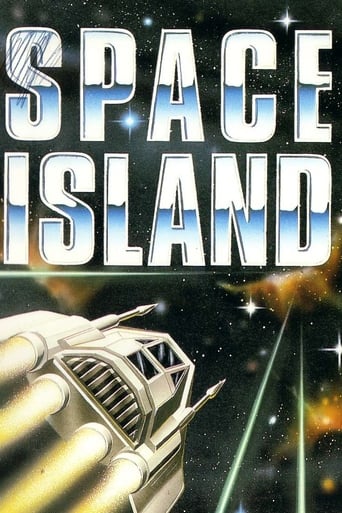
Writer
1987
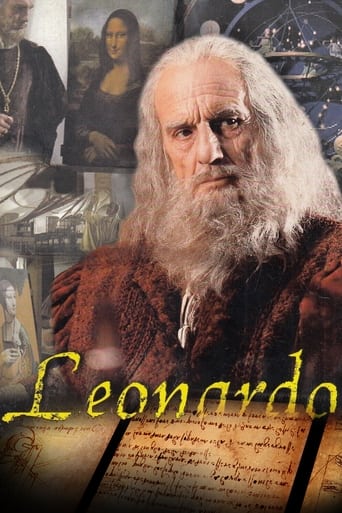
Writer
1971
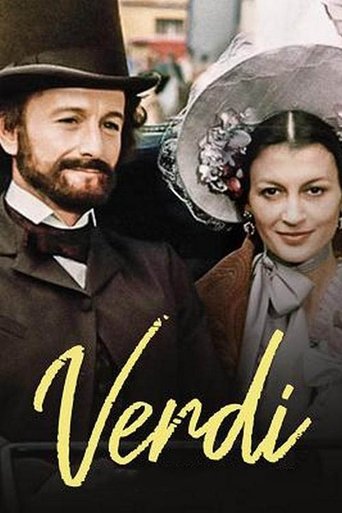
Writer
1982
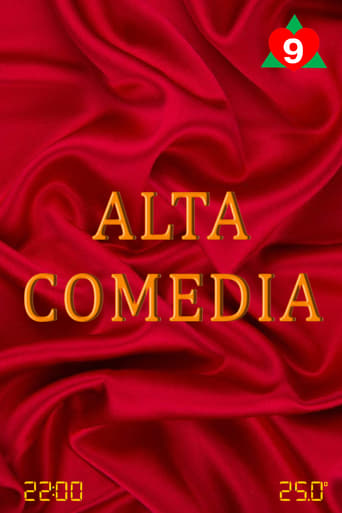
Writer
1970

Screenplay
1964
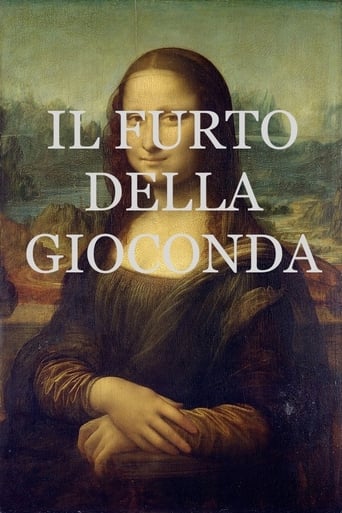
Writer
1978
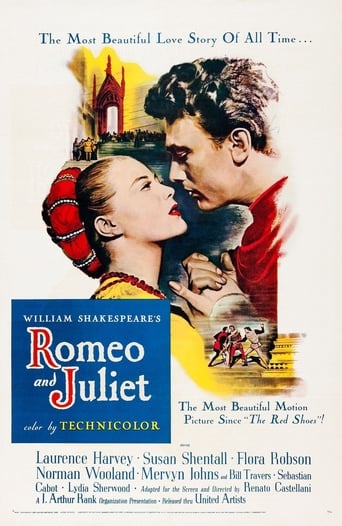
Adaptation
1954
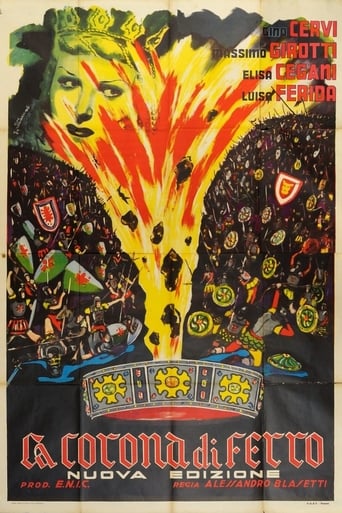
Screenplay
1941
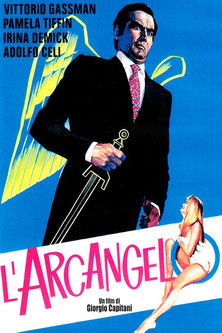
Screenplay
1969
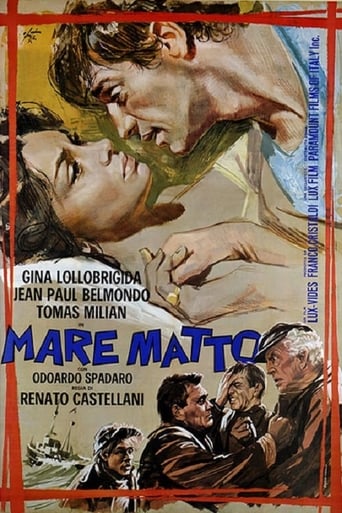
Screenplay
1963

Story
1963

Screenplay
1939
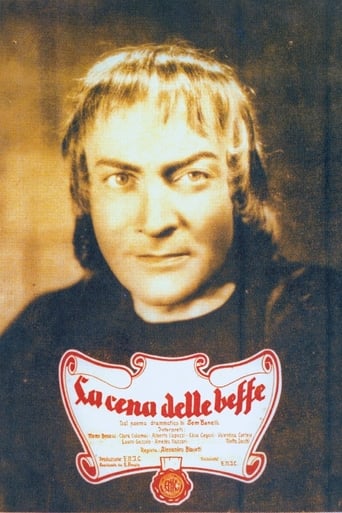
Screenplay
1942
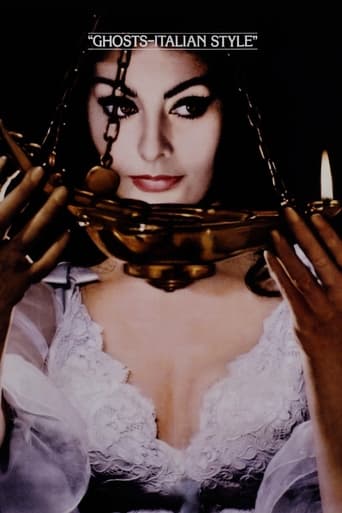
Screenplay
1967
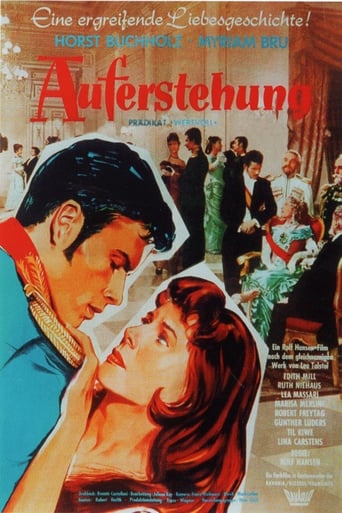
Screenplay
1958
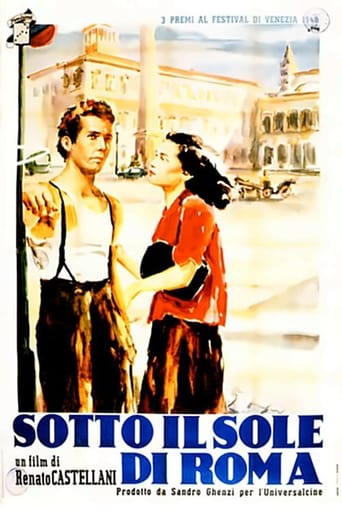
Story
1948

Screenplay
1948
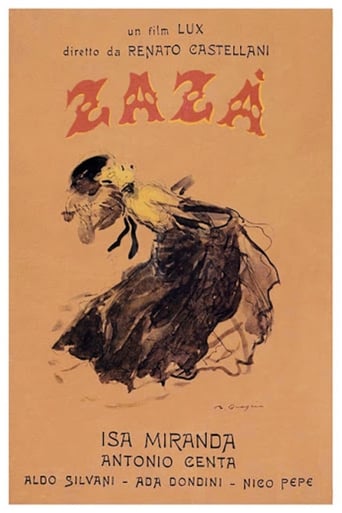
Screenplay
1944
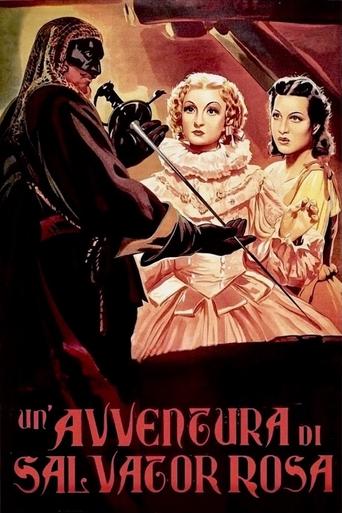
Screenplay
1939
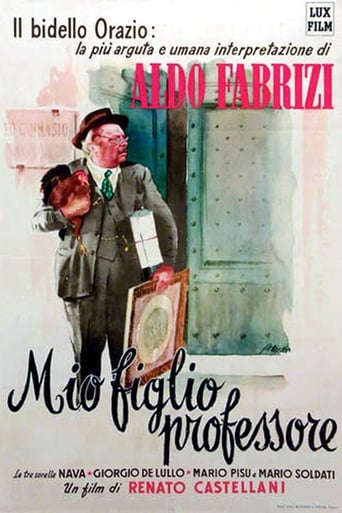
Story
1946

Screenplay
1946
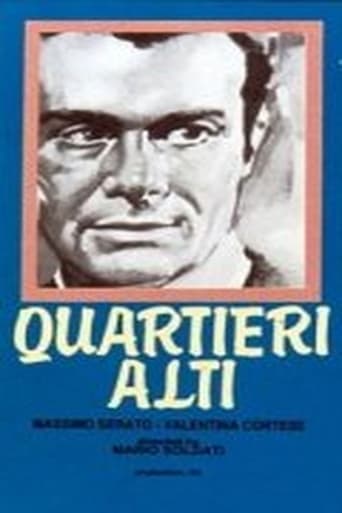
Screenplay
1945
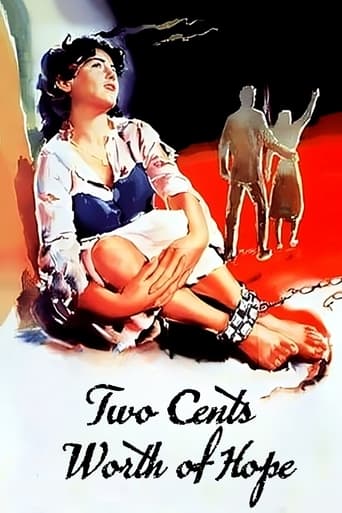
Story
1952

Screenplay
1952
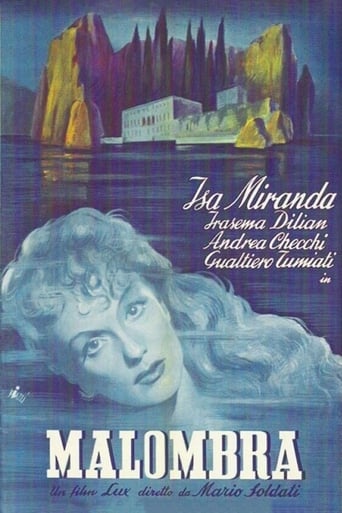
Screenplay
1942
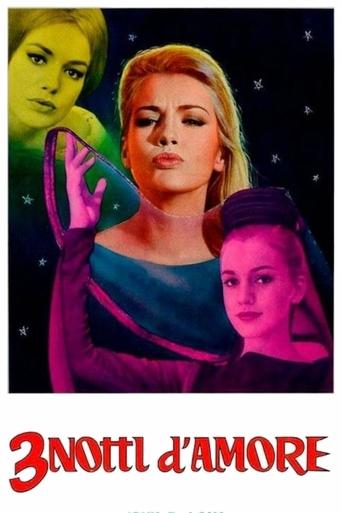
Story
1964

Screenplay
1964
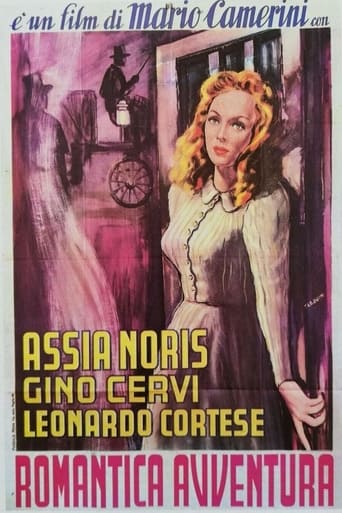
Screenplay
1940
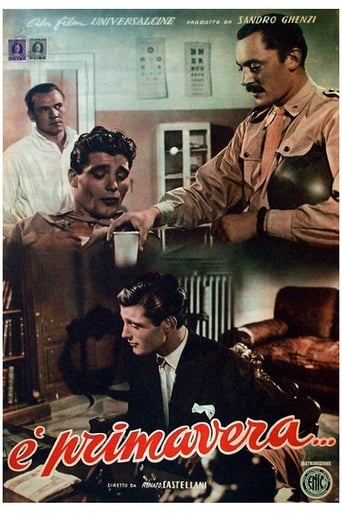
Writer
1950
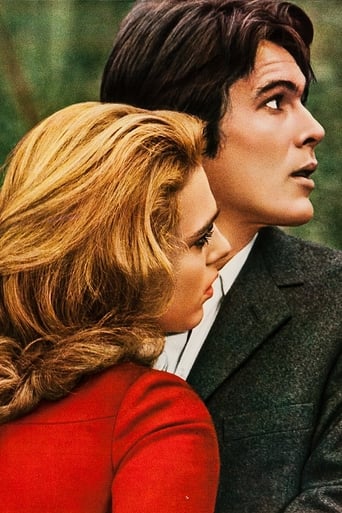
Writer
1969
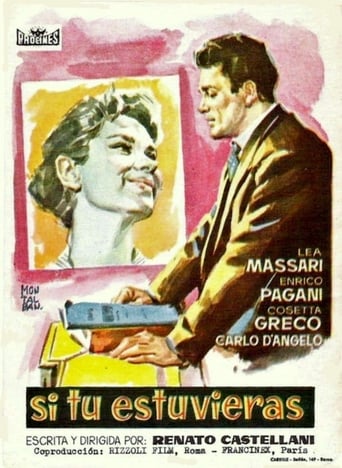
Writer
1957

Screenplay
1942
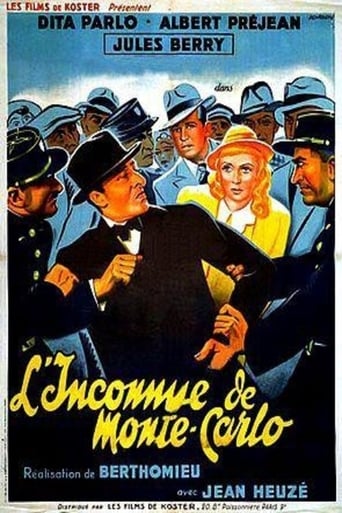
Writer
1938
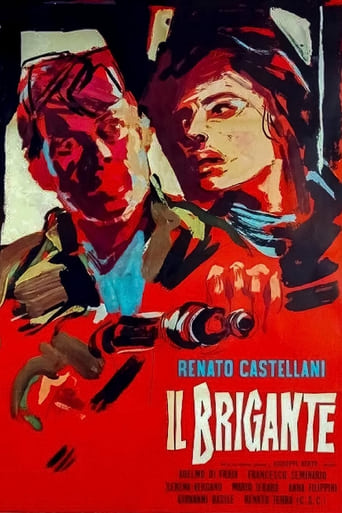
Screenplay
1961
Screenplay
1938
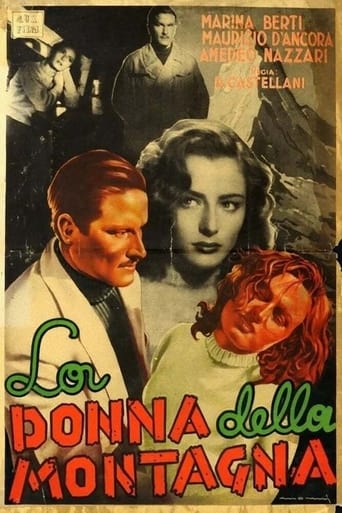
Screenplay
1944
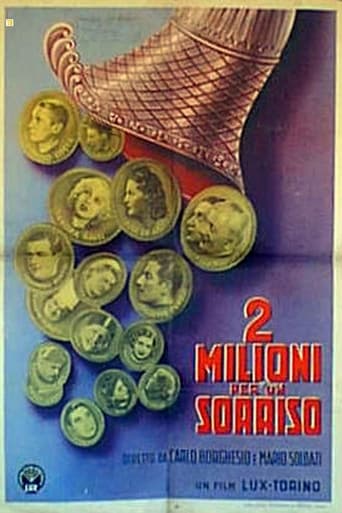
Writer
1939
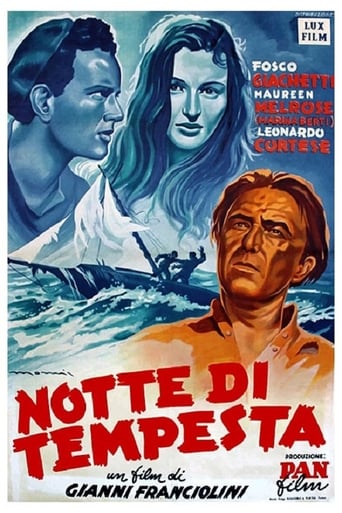
Adaptation
1946
Creator (4)
Directing (23)

Director
1971

Director
1982

Director
1978

Director
1954
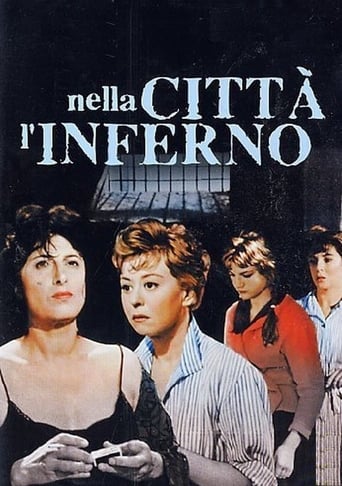
Director
1959

Director
1963

First Assistant Director
1939
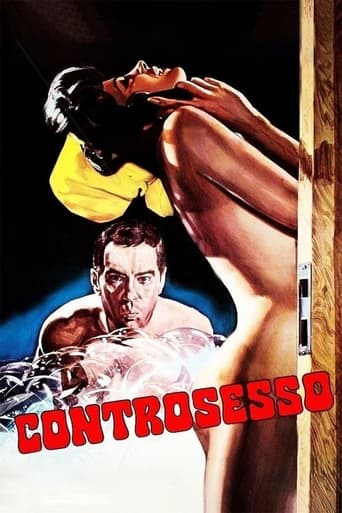
Director
1964

Director
1967

Director
1948

Director
1944

Director
1946

Director
1952

Director
1964
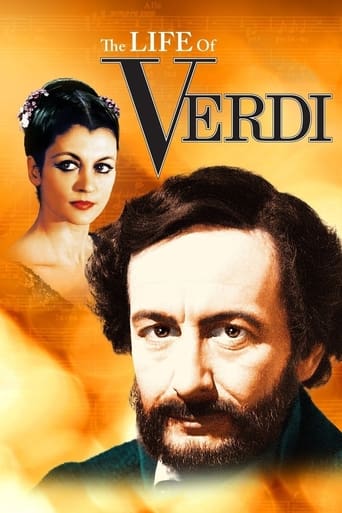
Director
1982

Director
1950

Director
1969

Director
1957

Director
1942

Director
1961
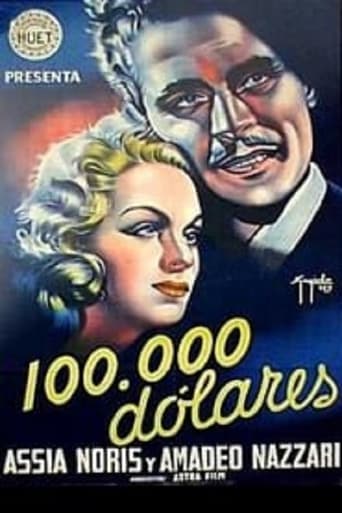
First Assistant Director
1940
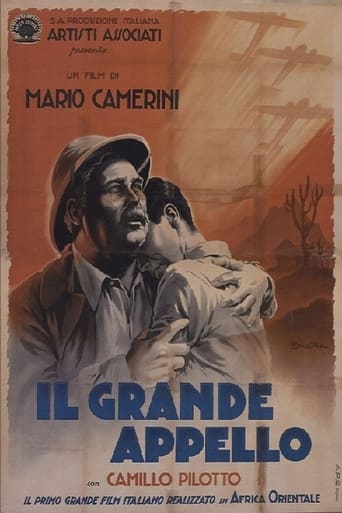
Assistant Director
1936

Director
1944



